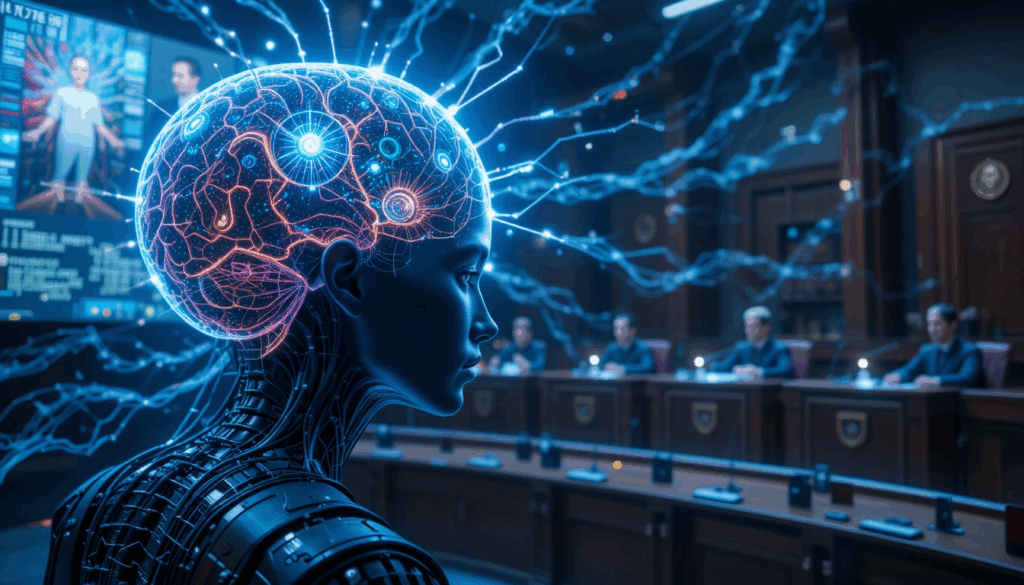The rapid rise of brain-computer interfaces (BCIs) has brought us closer than ever to turning pure thought into tangible creations. But with these advancements comes a critical question: who owns BCI-generated digital art rights? The issue of neurotech copyright gaps in brain-computer interfaces is no longer theoretical—it’s a legal minefield waiting to be navigated.
BCIs can now capture neural signals and translate them into paintings, music, or even software code. This is where brain-computer interface copyright law challenges begin. If a user’s brainwaves produce an image, does the user hold the copyright? Or does the BCI manufacturer, whose algorithm translates the neural activity, own it?
The stakes are high in BCI intellectual property disputes in the tech industry. In one scenario, a designer could create a new logo purely through neural input. But if the BCI platform claims ownership, disputes over legal ownership of thoughts in digital form could reshape creative industries.
The challenge is that current copyright law assumes a human author who actively “fixes” a work into a tangible medium. But BCIs blur the line—thoughts are intangible, yet BCIs transform them instantly into files. This raises questions about copyright protection for brainwave-generated code and how to adapt laws for this new reality.
Beyond law, ethical concerns with brain-computer interface content include privacy risks and exploitation. If a company can store your neural activity, could they monetize unused ideas or sell your mental “outtakes”? The future of copyright in neurotechnology innovation will depend on legislators, technologists, and creators working together to establish ownership rights that protect both creativity and privacy.
There’s already precedent in case studies of neurotech copyright infringement, where disputes over AI-generated content hint at the battles ahead for neurotech. The difference is that BCIs bypass the keyboard entirely—making the human mind both the tool and the creator.
Without clear frameworks, BCIs could empower artists and developers—or strip them of rights to their most personal creations. The time to address how neurotech impacts creative ownership laws is now, before these devices become mainstream.



